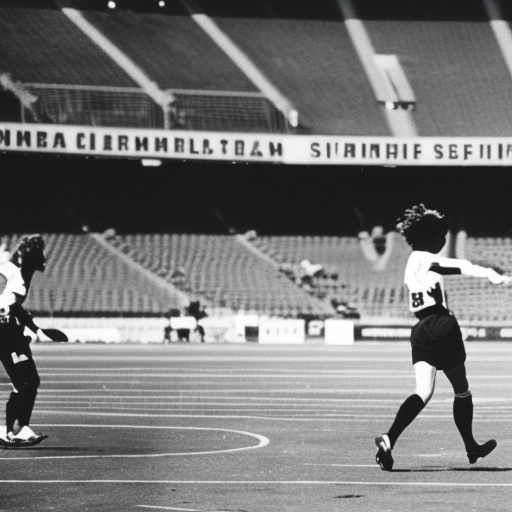Summary:
The 2008 Summer Olympics, officially known as the Games of the XXIX Olympiad, were held in Beijing, China, from August 8 to August 24, 2008. These Olympics were significant for China as it was the first time the country hosted the event. The games showcased China’s economic and technological progress, and they were also marked by controversies and memorable moments.
Preparations and Infrastructure:
China invested heavily in infrastructure and facilities to host the Olympics. The iconic Beijing National Stadium, also known as the Bird’s Nest, and the National Aquatics Center, known as the Water Cube, were constructed for the games. These architectural marvels became symbols of the event and remain popular landmarks in Beijing.
Opening Ceremony:
The opening ceremony of the 2008 Summer Olympics was a grand spectacle that captivated the world. Directed by filmmaker Zhang Yimou, it showcased China’s rich history and culture. The ceremony featured impressive choreography, fireworks, and a display of technological innovation. It was praised for its artistic presentation and precision.
Athletic Achievements:
The 2008 Olympics witnessed remarkable athletic performances and record-breaking achievements. Michael Phelps, an American swimmer, became the most decorated Olympian in history by winning eight gold medals in swimming events. Usain Bolt of Jamaica set new world records in the 100-meter and 200-meter sprints, captivating audiences with his speed and charisma.
Controversies:
The Beijing Olympics were not without controversies. Prior to the games, there were concerns about air pollution and human rights issues in China. The Chinese government took measures to improve air quality, including temporarily shutting down factories and limiting car usage. However, some athletes still faced challenges due to the pollution.
Protests:
The Olympics also became a platform for various protests. Tibetan activists and supporters protested against China’s policies in Tibet, leading to disruptions during the torch relay. Pro-democracy activists in Hong Kong also staged protests. These incidents highlighted the ongoing tensions and debates surrounding China’s human rights record.
Memorable Moments:
The 2008 Olympics had several memorable moments. Chinese gymnast Liu Xiang, a favorite to win gold in the 110-meter hurdles, withdrew from the competition due to injury, disappointing the home crowd. However, his determination and sportsmanship earned him respect and admiration worldwide. Another notable moment was the performance of the Chinese women’s gymnastics team, who won the team gold medal for the first time.
Closing Ceremony:
The closing ceremony of the 2008 Olympics celebrated the achievements of the athletes and marked the end of the games. It featured a vibrant display of music, dance, and fireworks. The Olympic flag was handed over to the mayor of London, symbolizing the transition to the next host city for the 2012 Summer Olympics.
Legacy:
The 2008 Summer Olympics left a lasting legacy for China. The event showcased the country’s economic and technological progress, boosting its global image. The infrastructure built for the games continues to benefit Beijing, attracting tourists and hosting various sporting events. The success of the Chinese athletes also inspired a new generation of athletes in the country.
In conclusion, the 2008 Summer Olympics in Beijing were a significant event in China’s history. They showcased the country’s progress, witnessed remarkable athletic achievements, and sparked debates on various issues. Despite controversies, the games left a positive legacy and remain a memorable chapter in Olympic history.












